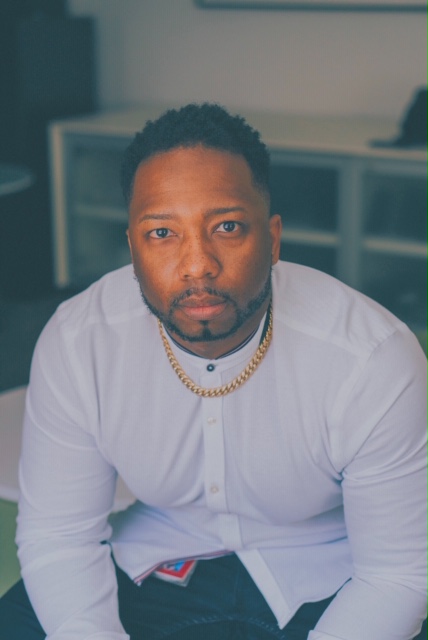By Andre LaFontant
New York, NY — “I am a creative who chose to go to medical school,” says the Senior Health journalist at NBC News. “I always wanted to challenge myself and see how far I could go if I pushed myself intellectually.”
Although Dr. Shamard Charles has identified as a writer since the second grade, he disagrees with the idea that being a creative and practicing medicine are mutually exclusive pursuits. “The creative side of my brain is my life force, but one can be easily blinded by their creative passions. Medical school gave me discipline and taught me how to focus my light so that I could see my vision clearly.”
“As a physician-journalist,” he continues, “There is an immense responsibility to spread social awareness and expand health literacy. When I convey a message so that people read and feel it, my impact is greater.”
Dr. Charles credits his pivot into medical journalism to a serendipitous injury. “I ruptured my Achilles while doing a global rotation in Santiago, Dominican Republic. Unable to walk, I wrote most of the day. Some of my best work came from that dark place.” His friends encouraged him to post on Facebook and it was so well received that, from an analytics standpoint, he could be considered an influencer, Dr. Charles recalled.
With his friend’s encouragement, he sought a writing mentor who would provide him with an opportunity to move to NBC. “I capitalized on an incredible opportunity during a time when doing anything but clinical medicine was considered taboo, but I knew what writing meant to me. I can honestly say I write to live and I live to write. Writing kind of saved me.”
As a member of NBC news’ health and medical unit, Dr. Charles transitions between dot com, social media, and broadcast mediums to tell nationally pertinent stories ranging from aftermath coverage of Hurricane Maria to D&I challenges in medical schools. Looking ahead, Dr. Charles believes better integration between media, technology, and medical professionals is crucial.
“Health care professionals and patients should narrate the medical story; we should have a voice in the building of integrated electronic medical records and challenge physicians to use today’s technology to efficiently streamline information to patients.”
“Writing empowers me to be more than a bystander within the medical community,” he continues. “As a black man in medicine, I know there are systemic challenges ahead; I invite them. It’s my responsibility to lift others as I climb.”



